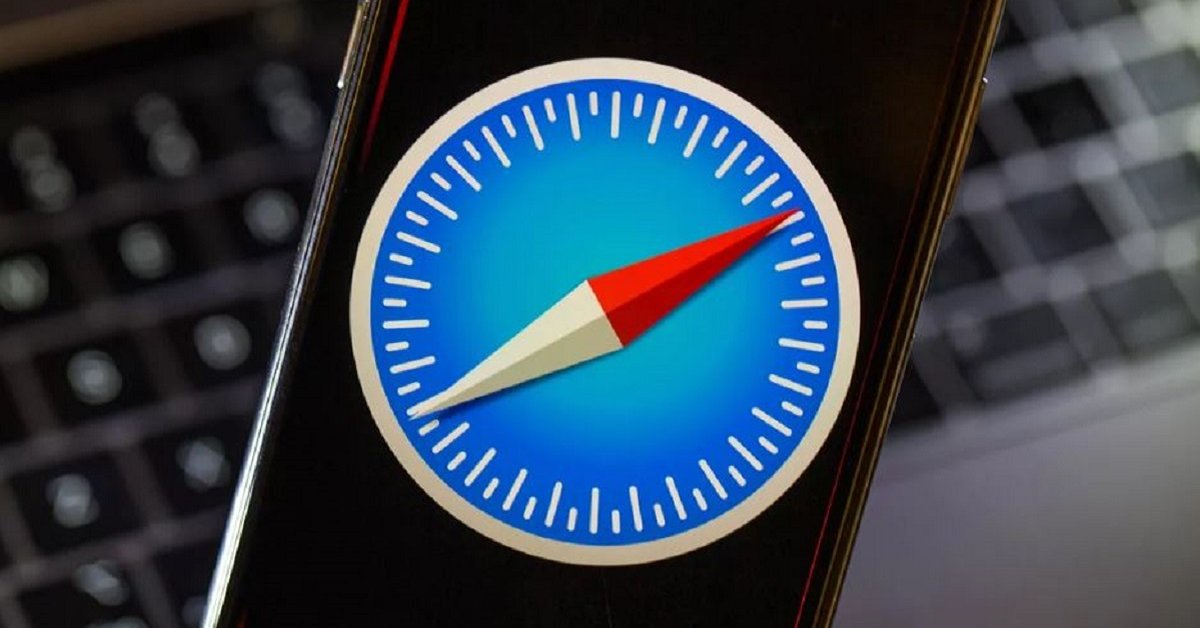

“It's an easy thing to push off, but it's ultra-important.” “A bug like this really stresses how crucial it is to keep your browser up to date,” Pickren says. And hackers actively use unpatched “zero-day” browser vulnerabilities they've discovered or purchased, along with older bugs that they can exploit opportunistically when targets haven't updated their browsers.

For example, they are commonly exploited in watering hole attacks that target visitors of tainted websites. Attackers regularly take advantage of browser vulnerabilities for both criminal and nation-state hacking. Such bugs may be common, but that doesn't make them any less serious. “Safari can do so many things, it’s really no surprise that there are going to be more bugs as more features come out.” “As systems become more complex, they introduce more bugs, and that’s especially true for web browsers these days,” Pickren says. And Apple has had a difficult time getting a handle on the problem, even when vulnerabilities are public for weeks or months. Safari and Webkit, though, have a particular set of security challenges because they are such massive platforms. Pickren found that he could manipulate ShareBear to offer victims a malicious file. When you share an iCloud document with another user, Apple uses a behind-the-scenes app called ShareBear to coordinate the transfer. While poking for potential weaknesses in Safari, independent security researcher Ryan Pickren started looking at iCloud's document-sharing mechanism because of the trust inherent between iCloud and macOS. But this hack got around those safeguards by abusing iCloud and Safari features that macOS already trusts. Safari ranks pretty high for privacy and security, but it lacks the.

It’s got a clean design and is straightforward to use.
#APPLE SAFARI SOFTWARE#
MacOS has built-in protections to prevent this sort of attack, including Gatekeeper, which confirms the validity of the software your Mac runs. Safari is the native browser for Apple Mac and iOS devices. But a group of macOS vulnerabilities-fixed by Apple at the end of last year-could have exposed your Safari tabs and other browser settings to attack, opening the door for hackers to grab control of your online accounts, turn on your microphone, or take over your webcam. Read all the Latest News, Breaking News and IPL 2022 Live Updates here.Usually the worst thing that happens when you have dozens of browser tabs open is you can't find the one that suddenly starts blasting random ads. Apart from that, Apple also added a new privacy report that shows how many and which cross-site trackers ITP stopped them from accessing your information. The OS X-only browser shares its open-source foundations. The company had said that it had two goals with the new version – by making controls easier to reach with one hand, and putting content front and center. Apple released Safari 1.0 Beta in January, and is now offering shipping version 1.0, which fixes rendering problems that dogged both betas. With iOS 15, Apple kept a major focus on Safari. The report notes that Apple’s Safari browser is pre-installed on every iPhone and Mac device that is sold, which gives the browser an advantage in what software people will use as default.ĪLSO READ: Samsung Overtakes Apple To Become Leading Tablet Brand In IndiaĪpple has also improved its browser substantially in the past year or something, adding new features and privacy options for users on new Apple softwares. Microsoft Edge, which was earlier said to be more popular than Safari, has around 212,695,000 users globally, according to the data. About 3,378,967,819 people use Google Chrome. Now, while Safari’s over 1 billion users do seem large, Google Chrome, the most popular web browser in the world, boasts of triple the user base. The statistics, according to the report, are based on the GlobalStats browser market share percentage, which was converted into numbers using the Internet World Stats internet users metric to retrieve the exact numbers.ĪLSO READ: Apple Mixed Reality Headset Unlikely To Be Teased During WWDC RealityOS Could Be Unveiled This 1,006,232,879 number amounts to 19.16 percent of internet users. This makes Safari only the second web browser to reach the one billion landmark after Google Chrome.Īccording to a study by atlasVPN, 1,006,232,879 internet users now use Safari, making it the second-largest browser in terms of user base. Apple’s web browser Safari has finally raked up 1 billion users, according to a latest report.


 0 kommentar(er)
0 kommentar(er)
